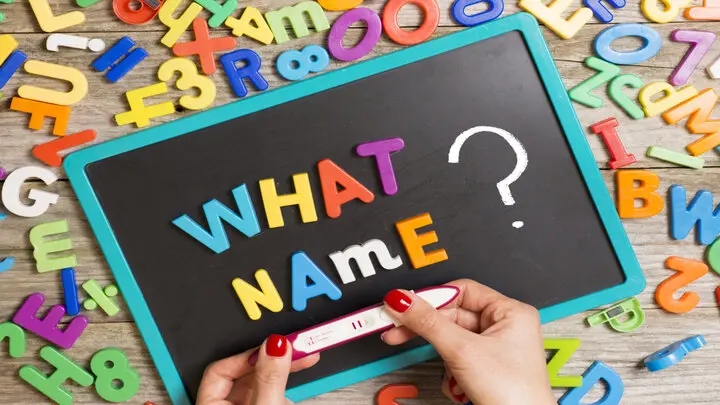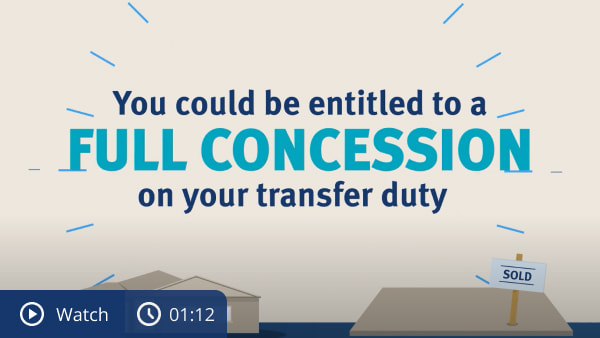
Can You Change Your Name on Property Contract?
When it comes to conveyancing, a question that often arises is whether the buyer entity on a contract can be changed after it has been signed. There are various situations where this question becomes relevant. For instance, a buyer may change their mind about being included in the purchase or may decide to purchase the real property as a different entity. Alternatively, a simple spelling mistake could be the cause for concern. Correctly listing the entities on the contract is critical, including the spelling of names, because errors could lead to serious consequences regarding financial approval and legal document lodgement. This article aims to provide answers to this question and provide insight into the process of changing the buyer entity on a house contract.
Lawyers, All Together Now: ‘It Depends’
Whether the buyer entity can be amended after a contract is signed depends on the extent of the changes required. If it is a minor change such as correcting a misspelled name, it can usually be done through an exchange of letters. This process involves both parties agreeing in writing through their conveyancing solicitors to alter the buyer’s name spelling. The change is legally binding on all parties. On the other hand, if a more significant change is required, such as adding or removing a buyer or purchasing the property as a different entity, it should not be done by an exchange of letters.
How Can the Buyer Entity be Changed?
If the buying entity itself needs to change, the parties need to execute a Deed of Rescission and enter into a new contract of sale. This process involves the parties formally agreeing to revoke the original contract. A Deed of Rescission is different from a termination because it ‘undoes’ the contract, placing both parties back in their initial positions before they entered into the original agreement. The parties will then need to enter into a new contract as the correct entities.
It is essential that both buyers and sellers have their Deed and new contract drafted or reviewed by an experienced solicitor to ensure their interests are protected.
Transfer Duty and Changes to the Contract
Improperly changing buying entities on contracts of sale could lead to serious consequences. For example, if the buyer entity changes other than by Deed of Rescission and a new contract, the Queensland Office of State Revenue could deem the alteration a separate transfer for dutiable purposes, which could expose the parties to ‘double duty.’
While transfer duty or stamp duty is typically paid by the buyer under the contract, the seller could also be liable under Section 17 of the Duties Act 2001 (Qld). Therefore, it is critically important for both parties that any variations to the buyer entity are executed properly.
FAQs
Q. What is conveyancing?
A. Conveyancing is the legal process involved in buying and selling a property.
Q. Can I change my name on a property contract after it is signed?
A. It depends on the extent of the change required. If it is a minor change, it can usually be done through an exchange of letters. However, for significant changes such as adding or removing a buyer or purchasing the property as a different entity, a Deed of Rescission and a new contract are required.
Q. What is a Deed of Rescission?
A. A Deed of Rescission is a formal agreement that revokes the original contract between the parties. It ‘undoes’ the contract, putting both parties back in the positions they were in before entering the original agreement.
Q. Can I change the buyer’s name on a contract of sale without the other party’s consent in QLD?
A. No, you cannot change the buyer’s name on a contract of sale without the consent of all parties involved in QLD. Any changes to the contract must be agreed upon by all parties involved and registered with the relevant authorities.
Q. How long does it take to change the buyer’s name on a contract of sale in QLD?
A. The time it takes to change the buyer’s name on a contract of sale in QLD will depend on various factors such as the complexity of the amendment, the cooperation of all parties involved, and the processing time of the relevant authorities.
Q. How much will it cost to change the buyer’s name on a contract of sale in QLD?
A. The cost of changing the buyer’s name on a contract of sale in QLD can vary depending on the complexity of the amendment and the legal fees involved. It is recommended to seek legal advice to understand the potential costs involved.
Q. Does the legislation for changing a buyer’s name on a contract of sale differ between states and territories in Australia?
A. Yes, the legislation for changing a buyer’s name on a contract of sale can differ between states and territories in Australia. It is recommended to seek legal advice specific to the state or territory where the property is located.
Q.Can I change a buyers name to a business easily?
A. Changing a buyer’s name on a property contract of sale to a business entity may not always be a straightforward process. It may require additional legal documentation and approvals. It is important to seek legal advice to ensure that the process is completed correctly and in compliance with the relevant state or territory legislation.
Q. Can the Real Estate Agent cross out my name on an executed contract and change it easily?
A. No, a real estate agent does not have the authority to cross out a buyer’s name on an executed contract and change it without proper legal documentation and approvals. Any changes to a contract must be made in compliance with the relevant state or territory legislation and with the consent of all parties involved. It is important to seek legal advice and have any changes made to the contract properly documented to avoid any potential legal issues.
What are the consequences of improperly changing buying entities on contracts of sale?
If a buyer changes their buying entity after signing a contract of sale, it can have consequences on the transfer duty payable. In Queensland, for example, the Office of State Revenue could deem the alteration a separate transfer for dutiable purposes, exposing the parties to ‘double duty.’ This means that both the buyer and seller could be liable for transfer duty under the Duties Act 2001, which can lead to additional costs and legal complications.
It’s important for buyers to carefully consider their buying entity before signing a contract of sale to avoid any unforeseen consequences. If a buyer does need to change their buying entity, they should consult with a legal professional to ensure that all necessary steps are taken to minimize the impact on the transfer duty payable. Transfer Duty And Changes To The Contract There can be serious consequences to improperly changing buying entities on contracts of sale.
If the buyer entity is changed other than by way of Deed of Rescission and new contract, for example by exchange of letters, the Queensland Office of State Revenue may deem the alteration to be a separate transfer for dutiable purposes, exposing the parties to ‘double duty.’
While transfer duty is usually paid by the buyer under the contract, the seller can also be liable under Section 17 of the Duties Act 2001 (Qld). It is, therefore, critically important for both parties that variations to the buyer entity are executed properly.
What If The Contract Has Already Settled?
If the property contract has already been settled, it is too late to change the buyer’s entity. It is, therefore, important that the parties ensure that the contract is accurate and reflects the buyer’s correct entity before settlement occurs.
This is a critical consideration for property transactions, as any errors or omissions can lead to significant financial and legal consequences down the line.
What Happens If The Buyer’s Entity Cannot Be Changed?
If it is not possible to change the buyer’s entity, the only option may be to complete the transaction in the buyer’s original name and then transfer the ownership to the correct entity after settlement.
While this approach can be effective, it can also be complicated and may involve additional legal and transfer costs.
It is, therefore, essential to ensure that the correct entity is used from the outset of the transaction to avoid any unnecessary complications.
What Can Buyers Do To Protect Themselves?
To protect themselves, buyers should carefully review the property contract and ensure that their details are correct before signing.
If an error is identified after the contract has been signed, buyers should immediately notify their conveyancing solicitor, who can advise on the best course of action.
In addition, buyers should engage an experienced solicitor to review the contract and ensure that their interests are protected.
Changing a buyer’s entity on a property contract after it has been signed can be a complex and risky process. Minor changes such as correcting misspelled names can usually be effected by an exchange of letters, but more significant changes require a Deed of Rescission and new contract. It is critically important for both parties that variations to the buyer entity are executed properly to avoid double duty and other serious consequences. To protect themselves, buyers should carefully review the property contract and engage an experienced solicitor to ensure that their interests are protected throughout the conveyancing process.
To calculate your stamp duty try this calculator:
This is legal advice only, for specific legal advice speak to an expert legal representative.






